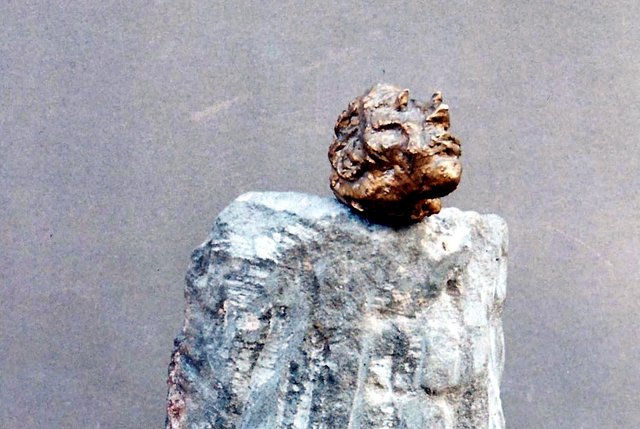The twelve "Odysseys" inside the Odyssey - And some artworks

Did you know that we can find 12 different versions of Homer's Odyssey inside the Odyssey?
In his book "Why Read the Classics?", the italian writer Italo Calvino talks about how Homer's Odyssey contains more other "odysseys". More implicit, potential, actual "odysseys".
There are a whole dozen of them. Here they are:
1. The Telemachy, Telemachus's journey to find his father, is a research for the unknown Ulysses's adventures, which are actually the Odyssey.
2. The story that Proteus tells to Menelaus, reported later to Telemachus, is about Ulysses in Calypso's isle and contains therefore the whole Odyssey.
3. At the court of the King of the Phaeacians, a blind storyteller (Homer?) tells the story of Troy and of its destroyer, Ulysses: it's the story the Odyssey comes from. It's a Ur-Odyssey.
4. Listening to that blind storyteller, Ulysses burnsts into tears, reveals his identity and tells of his journey after leaving Troy: it is the actual Odyssey, books IX-XII, in flashback.
5. In his talk to the Phaeacians, Ulysses tells about his descending to Hades and about Tiresias's prophecy. Tiresias reveals to Ulysses the upcoming events of his journey to home and beyond: it is a Odyssey after the actual narrated events.
6. Ulysses meet the sirens. Those, to charm him, sing of his deeds, including - we can guess - the events of the Odyssey.
7. The story that Ulysses, after he reached Ithaca, tells to the shepard Eumaeus - and then to Antinous and to Penelope - is the story of a poor Cretan who traveled a lot. But actually he is Ulysses, so his story is an Odyssey.
8. Pretending to be the poor Cretan, Ulysses tells about the actual Ulysses, which he'd meet, and his deeds. This is again a version of a part of the Odyssey.
9. The actual story inside the Odyssey is mostly the tale that Ulysses tells to the Phaeacians. But we know that Ulysses has a reputation of clever liar, so his tale could be false. In that case we'd have another Odyssey where the events in Books 9th-12th are false.
10. The events of the Odyssey are told in various parts of the poem by different tellers with different credibility. The comparison between these versions creates another Odyssey.
11. There is an Odyssey that comes out from the collation of the Ulysses's adventures taken from various parts of Homer's book. Since this new Odyssey is a collation of fragments, it looks more archaic. But it is instead the newest, since it is created out of Homer's book.
12. There is finally another Odyssey that derives from the hypothesis that Homer invented the narrated events because the actual Ulysses's story was not fascinating and meaningfull enough. An echo of the actual Ulysses's story would be in the poor Cretan's story. This hypothesis comes from a line in the preface: "Many were the men whose cities he saw and whose mind he learned": a description that fits to the poor Cretan better that to Ulysses.
This kind of analysis is an example of how the Classics in Literature have the ability to keep telling us new things each time we read them. Calvino's essay - as many other by authors like George Steiner or Harold Bloom - supports the concept that there is a Canon in Literature that comes out of the past and builds the future - not just the future of Literature but the one of men's thinking too. The Canon always keeps changing, of course.
The pictures are of my sculpture "Ulysses" (1994)

Layers within layers! This is like the ancient version of pointing a video camera at a TV screen.
dropped you a follow you were mentioned by @steevc
Great art!